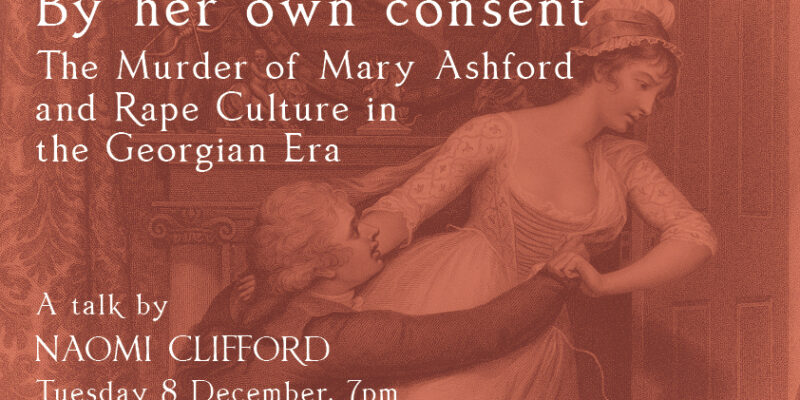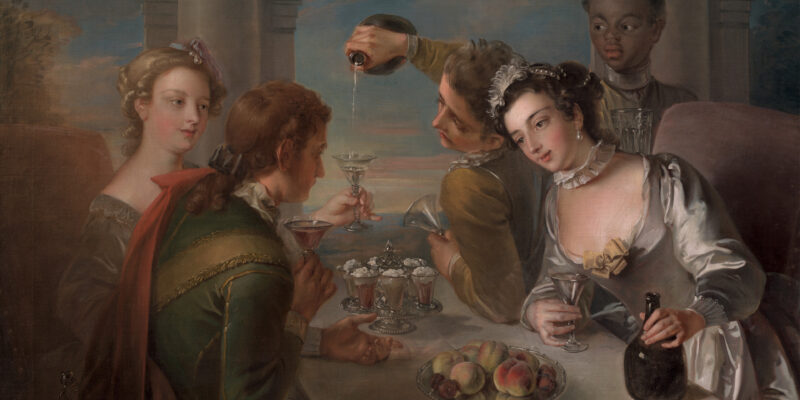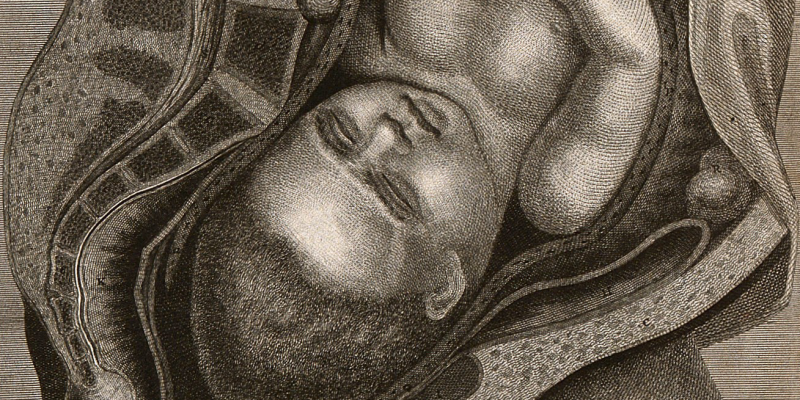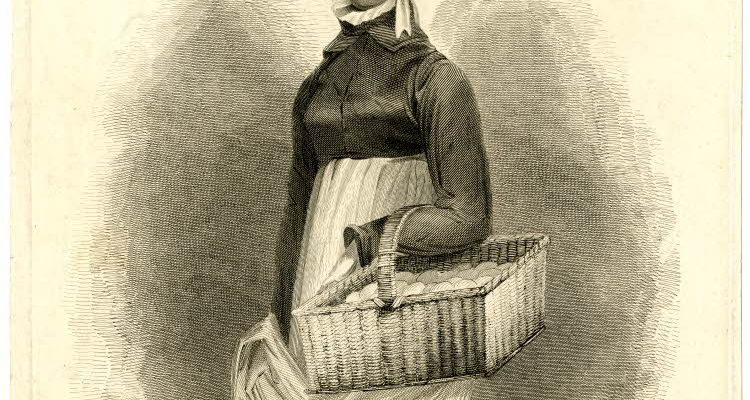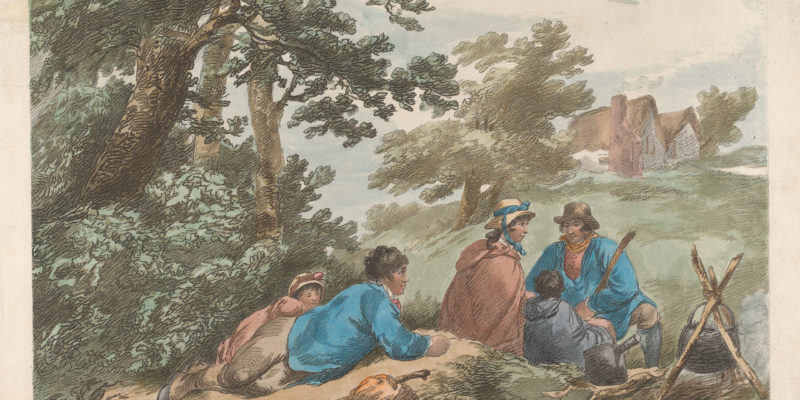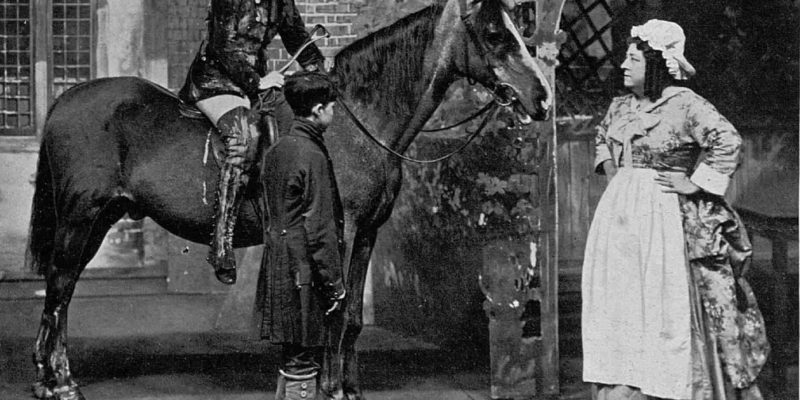This is a live online event. Bookers will be sent a link shortly before it starts. Watch a recording of “By her own consent” on YouTube. Please come to my online presentation on the murder of Mary Ashford in 1817 on 8 December 2020 at 7pm. I will be exploring the rape culture of the […]
human interest
5 Georgian era drinking scenes
To mark the re-opening of pubs, bars, nightclubs and restaurants on 4 July 2020 following England’s period of lockdown, I bring you five scenes of drinking, each of them featuring at least one woman. Just because I’m like that. So please come with me on my little bar crawl. I can promise you will emerge […]
“Is she or isn’t she?” How an age-old plea of pregnancy saved women from execution
I was all set to give a talk on 1 May at the National Theatre in London exploring themes in Lucy Kirkwood’s play The Welkin, which was then in performance. Of course, the Coronavirus lockdown meant everything was cancelled, so I am instead posting some of that talk here. *Although some aspects of the plot […]
Did Birmingham artist Samuel Lines know murdered Mary Ashford?
Early in the morning of Tuesday 27 May 1817, a labourer came across a pair of boots, a bonnet and bundle of clothes near a stagnant pit of water just north of the village of Erdington near Birmingham. He surmised that someone had gone into the pit and ran to raise the alarm at a […]
Unvarnished truth? The unreliable autobiography of Mary Saxby
Mary Saxby’s memoirs of life as an itinerant in late Georgian England paint a vivid picture of harassment, vulnerability and near destitution, but they were written with a particular purpose in mind – as a story of conversion of a sinful woman to evangelical nonconformist Christianity. One half of the world does not know how […]
The Legend of Margaret Catchpole
Over two hundred years after her death, Margaret Catchpole (1762–1811) is remembered by many – for the things she was not and the things she did not do, largely because someone who never met her wrote her purported biography, which was largely a work of fiction. Ironically Margaret Catchpole’s life was extraordinary enough without this. […]
